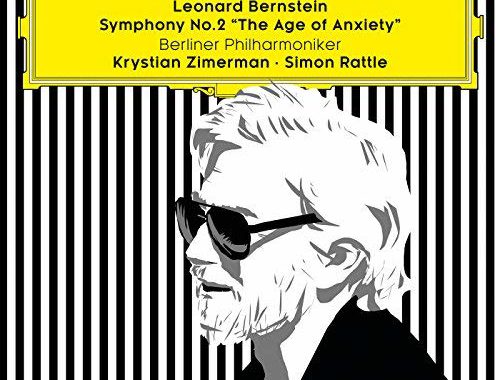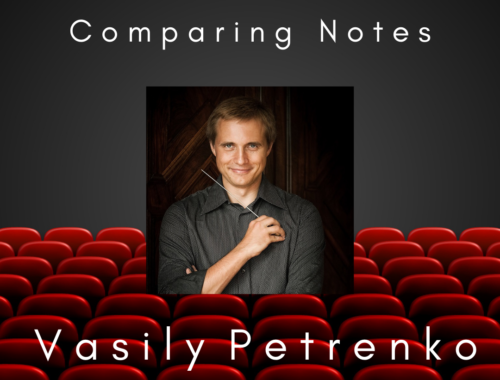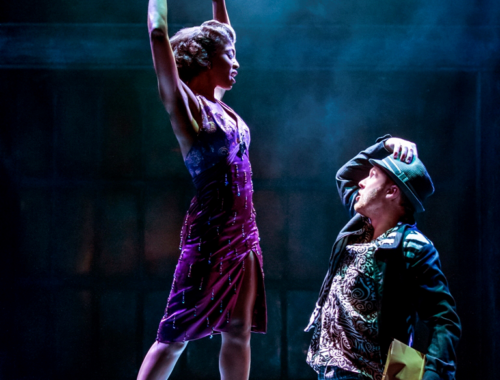OAE, Podger, Queen Elizabeth Hall
The OAE billed this one 1700s London & the Fab Four which I guess left it to us, the audience, to decide who might be the Lennon and McCartney of the evening. JC Bach and Carl Friedrich Abel were old chums from Leipzig and roommates in London and on the basis of the first half of this entertaining musical confection I think it’s safe to say that neither was in danger of relegation to Ringo Starr status.
The cut and thrust of JC Bach’s suspenseful G minor Symphony revealed JS Bach’s youngest son at his most provocative, snarling natural horns underpinning a driving first movement where all sense of development ground to a halt in a passage of wilful repetition which threatened to remain nailed to the spot, going nowhere. A stealthy processional followed – all keening chromatics and soulful exchanges between first and second violins – and as for the fizzling out of the firework finale, Rachel Podger sprung that shock to great effect from the leader’s chair.
The delicious thing about this concert was its variety of texture, colour, and cast, and, of course, the buzz of corporate enjoyment that this ensemble always communicates with its audience. A really lovely aria by Abel, “Frena la belle lagrime”, brought soprano Rachel Nicholls to the stage briefly to surrender the limelight to Jonathan Manson’s exquisitely turned viola de gamba obbligato before entwining her vocal line with his in a timely reminder that there was life before Mozart dispensing this level of enchantment. Nicholls has a full, wholesome, sound whose directness, born of minimal vibrato, makes the chromaticism even more telling. She returned after the interval to despatch Thomas Arne’s call to arms “The soldier tir’d of wars alarms’ from his bobby dazzler of an opera Artaxerxes with pitch-perfect brilliance. Her coloratura was as keen as it was even and she rose to the arrival of “the brazen trumpet”, bang on cue, with a steely determination not to be upstaged. There was more fun to be had with that in the inevitable encore.
Among the other goodies, JC Bach’s Sextet in C brought an exhilarating interplay of timbres with the brightest of them – Anthony Robson’s bucolically loose-limbed oboe – starring topmost, and the evening officially ended as it had begun in stressful minor mode with Joseph Haydn’s Symphony No.49 La Passione boldly defying convention by expanding his solemn introduction into a movement-long oration. Gripping stuff.
You May Also Like

GRAMOPHONE Review: Bernstein Symphony No. 2 The Age of Anxiety – Berlin Philharmonic/Zimerman Rattle
10/10/2018
COMPARING NOTES: Vasily Petrenko in conversation
25/11/2020